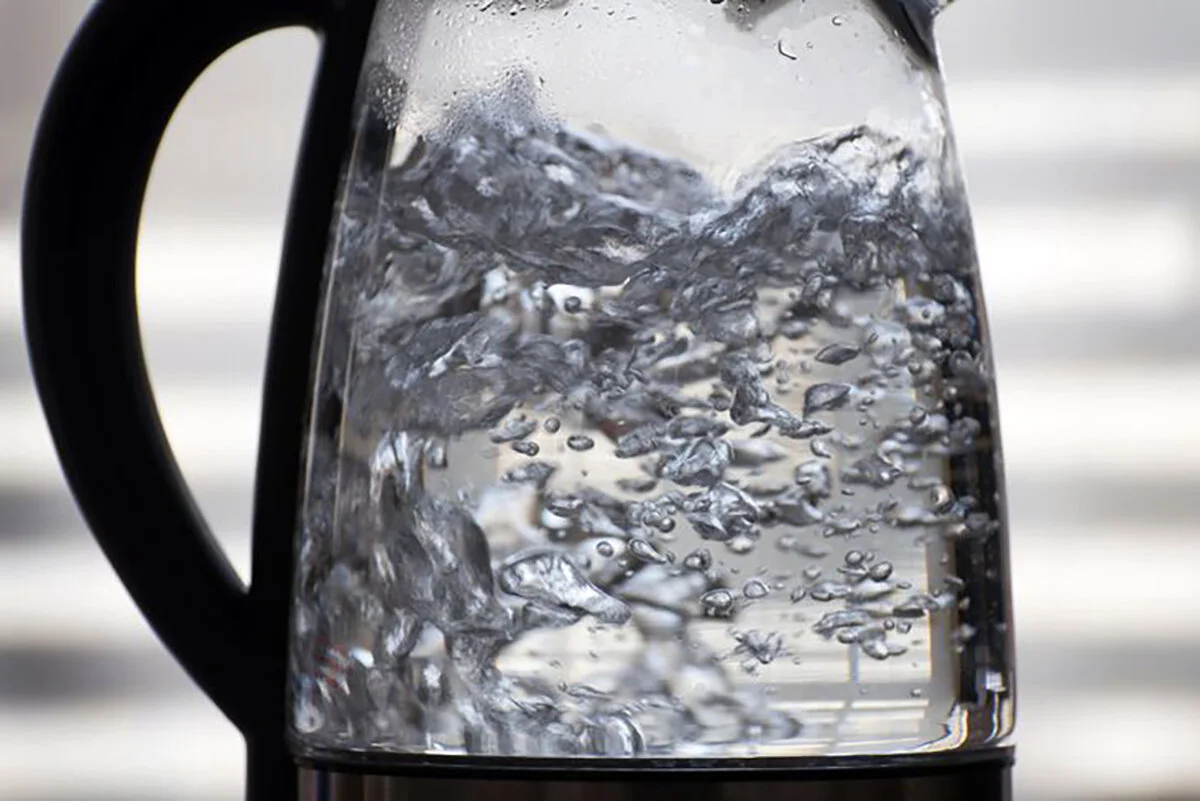We break down the common contaminants that can potentially be found in water: arsenic, bacteria, chlorine, hard water, iron, nitrates, sulfur, total dissolved solids, and toxic chemicals.
Read MoreEnsuring that your ph levels are balanced is important as disease thrives in an acidic environment. Lemon water has a lot of good benefits going for it…but did you know that you can also balance your pH with lemon water?
Read MoreHow pharmaceuticals get into our water, the risks they represent to our health, and what you can do to fix the problem in your home.
Read MoreWe all rely on a supply of water, but is soft water really worth the associated costs required to remove the hardness?
Read MoreWater is not as clean as you may imagine and it is only cleaned to a very basic standard. Many people believe that tap water is safe to drink, but here are three reasons why drinking tap water should be avoided.
Read MoreWe cannot recognize TDS or Total Dissolved Solids in our water with our naked eye. TDS are both organic and inorganic materials that are dissolved into your water supply.
Read MoreIs city water safe, and is the water treatment used effective at removing contaminants? A closer look at how city water is treated and how effective it is for your home.
Read MoreIt is often believed if you don’t have safe bottled water, you should boil your tap water to kill disease-causing organisms, including viruses, bacteria, and parasites in order to make it safe to drink. But is it?
Read MoreHard water can cause buildup and clog your showerhead over time. While vinegar is an effective cleaning solution for mineral deposits, it is only treating the symptoms, not the underlying cause.
Read MoreWhen water freezes, the impurities in the water congregate near the middle, making ice cubes the whitest in the center.
Read MoreWe often get so caught up in the kind of water we’re drinking and whether we’re hydrated enough that we completely forget about the water we are bathing in every single day.
Read MorePesticides in produce and drinking water may be playing a role in the increasing prevalence of food allergies, according to a new study.
Read More








